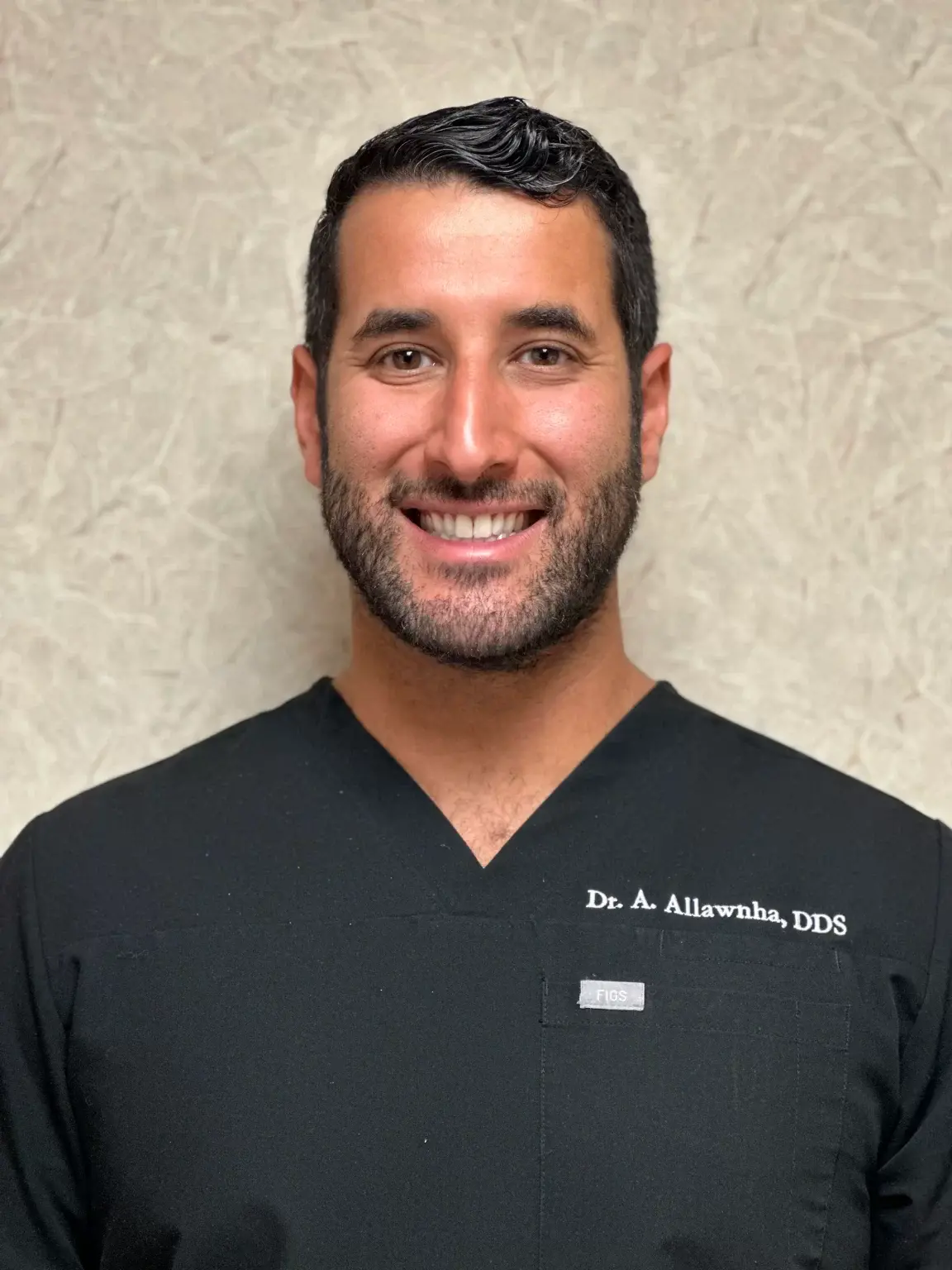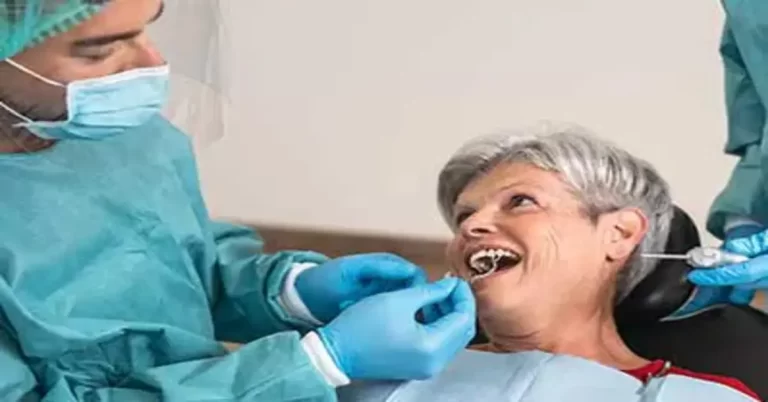Braces and aligners are great for your overall oral health, but they’re more than just that. These orthodontic implements aren’t just for straightening your teeth; they will also help you boost your confidence, especially if you’re too self-conscious about your crooked teeth.
However, all that hardware in your mouth will make this dental treatment a bit uncomfortable, and you will need some time to get used to them. Aside from the discomfort, people with braces and aligners will have to face different issues, one of which is halitosis or bad breath.
Why do braces cause bad breath? As we all know, bad breath or halitosis may happen even if you don’t have braces or clear aligners; but more so if you have one. Read on to find out what causes this problem and how you can prevent it.
Why You Have Bad Breath With Braces or Clear Aligners
Braces and clear aligners can cause bad breath for one reason: the food particles that get caught in between the wires and brackets. Sure, assuming that you brush and floss regularly, the hardware will make it harder for you to reach and completely clean all the nooks and crannies in your mouth where tiny pieces of food may get stuck in.
Braces are also irregularly-shaped and fixed to your teeth, making them difficult to clean. Wire braces, for instance, are particularly notorious for trapping food in their brackets. These food particles are eventually broken down into sugars that feed the bacteria in your mouth, giving them plenty of energy to multiply and cause that unpleasant odor.
Is Bad Breath A Sign of Other Issues?
Braces and aligners aren’t the only culprits when it comes to halitosis. It can happen to anyone who eats an unusual food and drink combination. Often, brushing your teeth again is enough to solve the problem.
However, persistent bad breath may indicate you have gum disease or digestive tract issues. Gingivitis, for instance, is the earliest stage of gum disease. It’s a common condition that is easily reversed with good oral hygiene. Nonetheless, it can progress to periodontitis if it isn’t treated. Periodontitis can lead to irreversible complications like bone loss or shifting teeth, not to mention that dreaded foul smell that we all would want to avoid.
Bad breath can also indicate digestive issues. Your stomach or esophagus can develop ulcers that produce excess acids that can bubble up and cause extremely bad breath. This is also known as acid reflux.
Tips and Tricks To Prevent Bad Breath With Braces or Clear Aligners
If you’re finding it difficult to keep your breath smelling fresh, here are some easy tips on how to keep your fresh breath even while wearing braces and clear aligners:
Clean your teeth and gums regularly.
The simple solution to “braces gone bad” is to remove the food particles and plaque in your mouth as soon as you finish eating. People without braces can get away with twice-daily brushing, but most patients with braces can’t. They must brush their teeth every morning, night, and after every snack or meal.
It may seem excessive, but it is definitely necessary. Don’t worry about it too much, though, as this will soon become second nature once you get the hang of it. Hence, if you have braces, it is always a good idea to bring a toothbrush with you wherever you go.
Floss daily.
You can also remove food particles and plaque between teeth and other places a toothbrush can’t reach by flossing at least once daily. While flossing helps prevent bad breath and gum disease, it’s going to be a bit more challenging to do on teeth with braces. It’s best that you ask your dentist how you can properly floss if you have braces.
Consider using interdental brushes.
You can try interdental brushes if you find it difficult to use traditional floss. Using small interdental brushes or water flossers is a quick and easy way to clean your teeth with braces.
Drink more water.
Dehydration can cause bad breath because when your mouth is dry, odor-producing bacteria can multiply faster. Drinking water will also help wash out debris and particles that may get stuck in the brackets and wires of your braces. Experts recommend drinking water after drinking coffee, tea, or milk to rinse them out.
Watch your diet.
You can prevent bad breath by eating a balanced diet rich in vitamins and minerals that help strengthen your teeth and gums; some may even neutralize odor-causing bacteria. Also, it’s best if you avoid smelly foods like garlic and onions.
Furthermore, avoiding excess sugary treats and drinks will help reduce the risk of gum disease and tooth decay.
Chew some mints for bad breath.
Sugar-free gum, particularly those with xylitol, has many oral health benefits. It stimulates saliva production, which is vital for combating bad breath with braces. Mints for bad breath are okay for those using clear aligners since they can easily remove them.
It’s also okay for those wearing braces to chew gum as long as they are sugar-free. Sugarless gum is less sticky, and research shows that chewing some can help reduce the discomfort you feel when you first get your braces or after some adjustments. Switch brands if they stick to your braces.
Clean your aligners.
You’ll wear your aligners for almost 22 hours a day; anything that normally sticks to your teeth, like plaque and food debris, will stick to them. These can cause your aligners to turn cloudy and smell bad when you don’t clean your aligners.
Properly cleaning your aligners helps prevent bad breath while wearing them. The easiest way to clean them is to use a soft-bristled brush. Don’t use toothpaste since it can stain and scratch your clear aligners, but rinse them with lukewarm water. You can also rinse your aligners with water when a toothbrush is unavailable; just remember to brush them when you get the chance to brush your teeth.
You can also deep clean your clear aligners once a month if brushing doesn’t remove all the foul odors. Use denture cleaning tablets or cleaning crystals. You can also use hydrogen peroxide; mix equal parts of water and hydrogen peroxide in a container, then allow your aligners to soak in it for about 30 minutes. Your aligners will come out clean, disinfected, and odor-free.
Key Takeaway
Bad breath can happen in anyone; however, braces and clear aligners increase a person’s chance of having it. This is because they trap food and drink particles and make cleaning difficult. This provides bacteria with the ideal environment to grow and reproduce, causing bad breath.
However, persistent bad breath may indicate digestive tract issues and gum disease. If you can still smell foul odors from your mouth even after brushing and flossing, you will have to consult with your dentist to find out what’s causing it.
Preventing bad breath while having braces or clear aligners is not difficult. Make sure to keep up with oral hygiene at all costs, and watch what you eat. Avoid pungent-smelling foods and beverages, and try chewing some sugar-free gum. It also helps to clean between your braces and teeth and properly clean your clear aligner.
Prevent bad breath with braces with help from Century Dental.
Our dentist in St. Pete Beach provides deep cleaning and other preventive dental procedures that keep teeth and gums healthy and breath fresh. They also provide Invisalign aligners for a better smile. Call us today and stay on top of your oral health.





